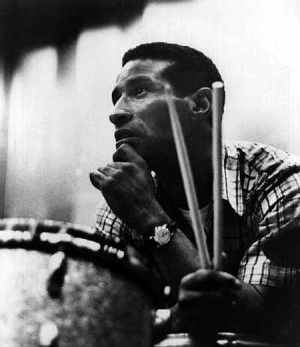In our first installement, Reimagining Jazz: From Popular Swing to the Jazz Avant-Garde, we explored how African music influenced Jazz musicians in America. Now we explore, how American Jazz influenced and changed music in Africa.
"To me, it was you can take any song and you can just put your whole self into it and you can sing it the way you want. You can do what you want. It symbolized freedom." - Satima Bea Benjamin
"If you carried an instrument and you were black, it was assumed that you were a thief. It really became impossible. Then, in the mixed clubs that were in Cape Town, for example, they would send in undercover white people and they would fraternize with the women of color. Basically, they were sent in as spies and, the next day, the place would be shut down. It was ugly." - Carol Muller
ARTISTS FEATURED
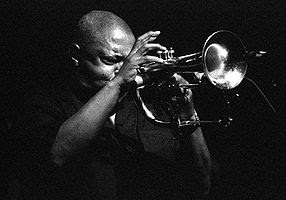
Hugh Masekela
Born in Witbank, South Africa, Hugh Ramapolo Masekela was inspired at age 14 by the movie Young Man with The Horn to take up the trumpet. Since then, he has become one of the most celebrated jazzmen to come out of Africa as a part of the Jazz Epistles, and then enjoying an extremely successful solo career, buoyed by his signature song, “Grazing in the Grass.”
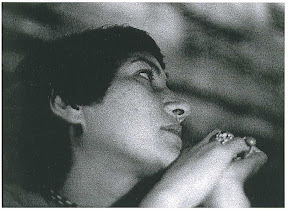
Sathima Bea Benjamin
Also from South Africa, Benjamin started out as a singer in movie theaters before meeting pianist Abdullah Ibrahim and touring with his group throughout Europe. While in Zurich, the group caught Duke Ellington’s eye and, with his oversight, recorded the first jazz record to come out of South Africa, titled My Songs for You and sadly never released. Read her Afropop interview here for the whole story.
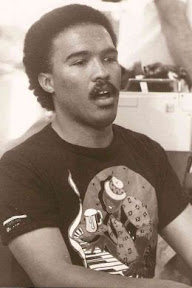
Rashid Lanie
Rashid Lanie is one of the best-known pianists in the world music scene, working with luminaries like Paul Simon, Will.I.Am, John Legend, Angelique Kidjo, among others. But his piano playing, featured most recently at the Kick-Off concert before the 2010 World Cup, is only matched by his strong humanitarian drive, exhibited in his 1992 song, “The People Want Mandela”.
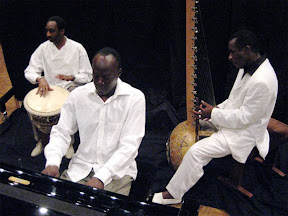
Kora Jazz Trio
The Kora Jazz Trio, comprised of kora player Djeli Moussa Diawara, pianist Abdoulaye Diabata, and drummer Moussa Cissoko, formed in 2003 and since then have been wowing audiences with their fusion of jazz standards with traditional West African elements. Their yet-to-be-named fourth album will be released on September 26. Click here for footage of them in concert.
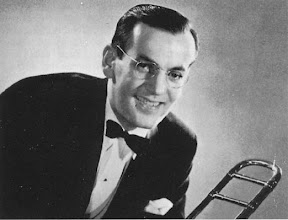
Glenn Miller
With his trombone and easy smile, American-born Glenn Miller won the heart of South Africa in the late 1950’s with his signature brand of swing jazz. Tragically, the jazzman’s plane had gone down in 1944 as he was flying to entertain the American troops during World War One, but traces of his influence can be heard in the first jazz record.
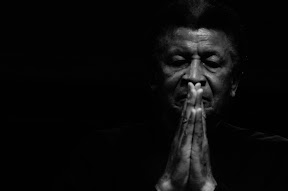
Abdullah Ibrahim
South African pianist and composer who originally went by the name of Dollar Brand. Overl Ibrahim’s lengthy career, his music has ranged from raga and gospel to modern jazz. He has also worked with Duke Ellington and Hugh Masekela.

Kippie Moeketsi
The self-proclaimed “Charlie Parker of South Africa,” Moeketsi was the saxophonist for the 1950’s South African jazz super-group The Jazz Epistles, along with Masekela, Ibrahim, and Jonas Gwanga. After the Sharpeville Massacre of 1960, Moeketsi, unlike many of his peers, chose to stay in South Africa, and suffered through years of oppression and lack of work, and died penniless in 1983.
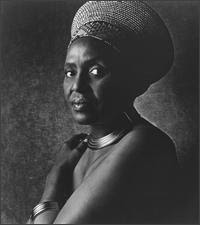
Mariam Makeba
South African singer and equally civil rights activist, Makeba was one of the first to popularize African music outside of the continent. Heavily influenced by American ragtme and jazz, Makeba went on to become one of the most popular female vocalists from South Africa despite being an outspoken opponent to Apartheid and facing censorship in South Africa and the United States for her strong political view.
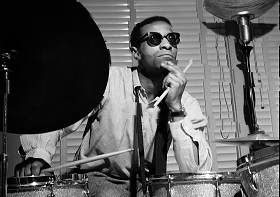
Max Roach
Born in North Carolina and raised in Brooklyn, Roach rose to prominence in the New York jazz scene in the 1940’s as a bebop pioneer. In 1960, he released We insist! Max Roach’s Freedom Now Suite, composed on the eve of the centennial of the Emancipation Proclamation and one of the first jazz records that drew inspiration from the civil rights movement and acknowledged the horrors of apartheid.
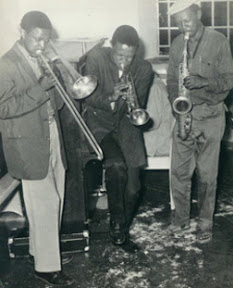
The Jazz Epistles
One of the first major bebop bands from South Africa, the group included some of the countries greatest Jazz artists including Dollar Brand (later known as Abdullah Ibrahim) on piano, Kippie Moeketsi on alto saxophone, Jonas Gwangwa on trombone, Hugh Masekela on trumpet, Johnny Gertze on bass, and Early Mabuza or Makaya Ntshoko on drums.








